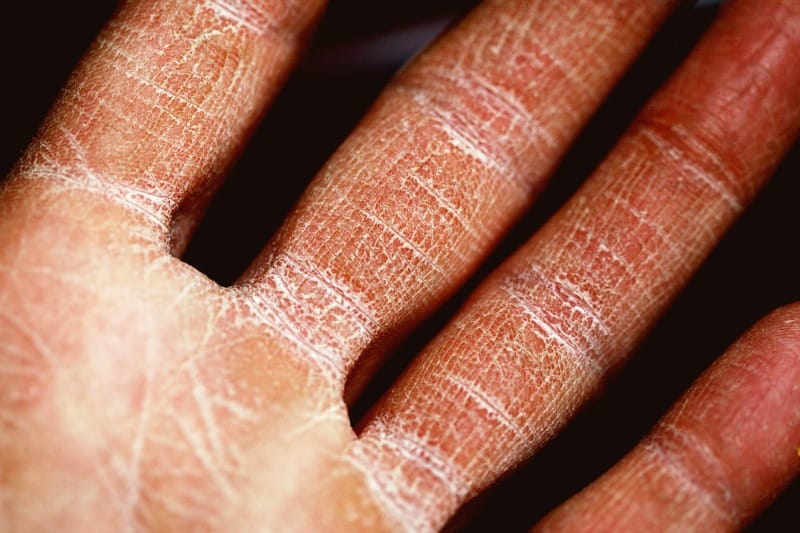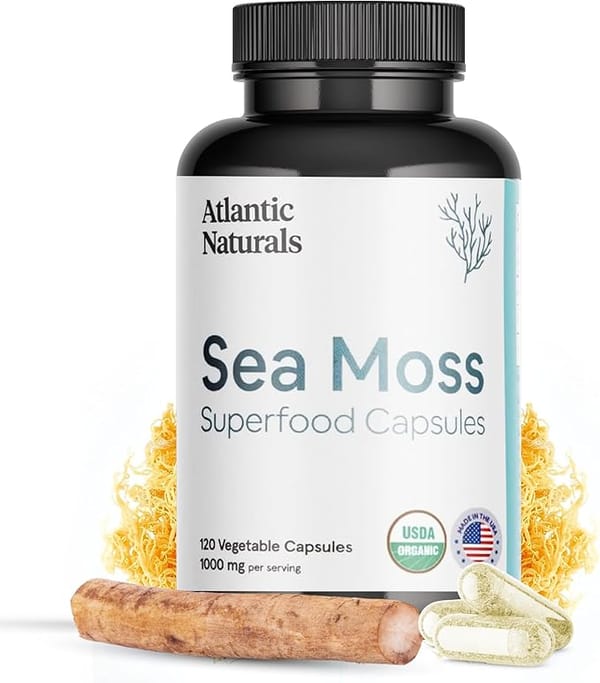Eczema can be an incredibly frustrating and uncomfortable skin condition, causing dry, itchy, and inflamed patches. While conventional treatments like steroid creams are often prescribed, many people are turning to natural remedies to find relief. Let's explore some gentle, plant-based options that may help soothe eczema symptoms.
Key takeaways:
• Colloidal oatmeal baths can relieve itching and inflammation
• Coconut oil provides moisture and has antimicrobial properties
• Aloe vera gel offers cooling relief and promotes healing
• Certain dietary changes may help reduce flare-ups
• Stress reduction techniques can complement topical treatments
Nourishing baths and moisturizers
One of the simplest ways to soothe eczema-prone skin is with a lukewarm colloidal oatmeal bath. Oatmeal has anti-inflammatory and moisturizing properties that can provide relief from itching and irritation. Simply add finely ground oats to your bathwater and soak for 10-15 minutes.
After bathing, it's crucial to lock in moisture. Virgin coconut oil is an excellent natural moisturizer for eczema. Its antimicrobial and anti-inflammatory properties may help prevent infection and reduce symptoms. Apply a thin layer to damp skin after bathing.
Cooling plant remedies
The gel from aloe vera leaves offers soothing, cooling relief for inflamed skin. Its anti-inflammatory compounds can help reduce redness and itching. Apply pure aloe vera gel directly to affected areas several times a day.
Another plant-based option is chamomile. This herb has anti-inflammatory and antioxidant properties that may help calm eczema flare-ups. Try soaking a clean cloth in cool chamomile tea and applying it as a compress to irritated skin.
Dietary approaches
Some research suggests that certain dietary changes may help manage eczema symptoms. Foods rich in omega-3 fatty acids, like fatty fish, walnuts, and flaxseeds, have anti-inflammatory effects that could be beneficial. Probiotic-rich foods like yogurt and kefir may also help by supporting a healthy gut microbiome.
On the flip side, some people find that certain foods trigger eczema flares. Common culprits include dairy, eggs, soy, and wheat. Keeping a food diary can help identify potential triggers.
Mind-body techniques
Stress is a known trigger for many eczema sufferers. Incorporating stress-reduction techniques into your routine may help complement topical treatments. Practices like meditation, deep breathing exercises, or gentle yoga can help manage stress levels and potentially reduce flare-ups.
While these natural remedies show promise, it's important to note that eczema is a complex condition that varies from person to person. What works for one individual may not work for another. Always consult with a healthcare professional before trying new treatments, especially if you have severe or persistent symptoms.
Looking to stay up-to-date on the latest in longevity science? Sign up for our newsletter to receive cutting-edge research updates and practical health tips.
References:
- Hon, K. L., Tsang, Y. C., Pong, N. H., Lee, V. W., Luk, N. M., Chow, C. M., & Leung, T. F. (2015). Patient acceptability, efficacy, and skin biophysiology of a cream and cleanser containing lipid complex with shea butter extract versus a ceramide product for eczema. Hong Kong Medical Journal, 21(5), 417-425.
- Evangelista, M. T., Abad‐Casintahan, F., & Lopez‐Villafuerte, L. (2014). The effect of topical virgin coconut oil on SCORAD index, transepidermal water loss, and skin capacitance in mild to moderate pediatric atopic dermatitis: a randomized, double‐blind, clinical trial. International Journal of Dermatology, 53(1), 100-108.
- Panahi, Y., Sharif, M. R., Sharif, A., Beiraghdar, F., Zahiri, Z., Amirchoopani, G., ... & Sahebkar, A. (2012). A randomized comparative trial on the therapeutic efficacy of topical aloe vera and Calendula officinalis on diaper dermatitis in children. The Scientific World Journal, 2012.
- Foolad, N., Brezinski, E. A., Chase, E. P., & Armstrong, A. W. (2013). Effect of nutrient supplementation on atopic dermatitis in children: a systematic review of probiotics, prebiotics, formula, and fatty acids. JAMA Dermatology, 149(3), 350-355.
Citations:
[1] https://nationalallergycouncil.org.au/resources-links/eczema/infographics
[2] https://www.schweigerderm.com/skin-care-articles/eczema/how-to-treat-eczema-at-home/
[3] https://www.webmd.com/skin-problems-and-treatments/eczema/eczema-home-treatment
[5] https://vibrantskinbar.com/blog/holistic-eczema-treatment/
[6] https://health.clevelandclinic.org/home-remedies-for-eczema
[7] https://www.sciencedirect.com/science/article/pii/S2667031322000422
[8] https://www.ncbi.nlm.nih.gov/pmc/articles/PMC4518179/
[9] https://nationaleczema.org/research/eczema-facts/
[10] https://www.medicalnewstoday.com/articles/324228
[11] https://www.mdpi.com/2079-9284/10/1/5
[12] https://www.acko.com/health-insurance/natural-remedies-for-eczema/














Member discussion